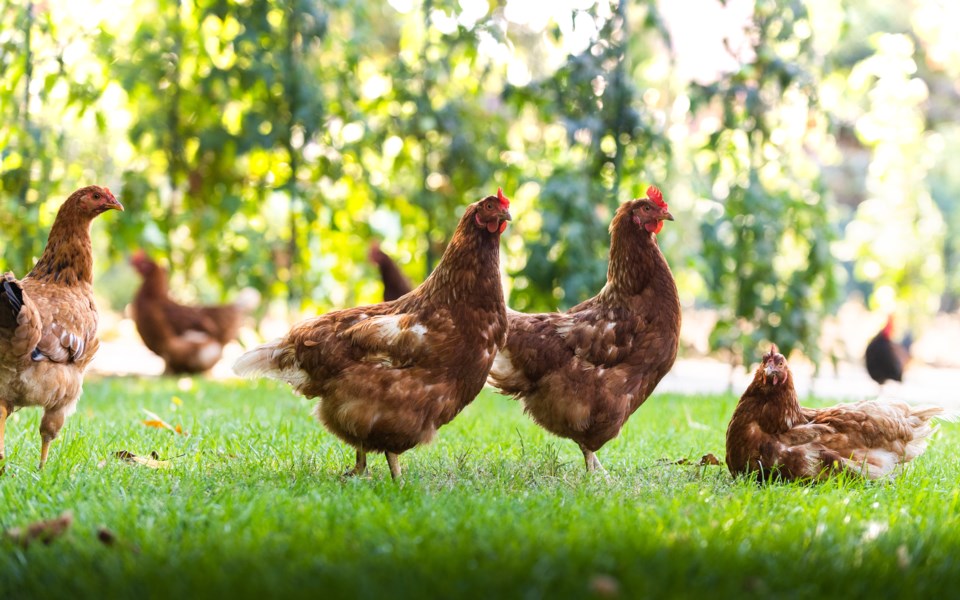Last week, Weld County Commissioners publicly gave their support to Colorado House Bill HB25-1074, which reverses Colorado House Bill 20-1343 that required all producers within the state to maintain cage-free flocks. The bill also applies to all eggs that are sold within the state, meaning Colorado cannot import eggs from another state unless they abide by the cage-free regulation. The bill was tabled indefinitely by the House Agriculture, Water, and Natural Resources Committee with a 9-4 vote.
Dusty Johnson, a representative for Weld County in the 63rd district, voted against the measure to suspend the bill indefinitely. Karen McCormick, a representative for Boulder County in the 11th district voted in favor of the motion.
Egg prices continue to rise in Colorado and across the country as a result of the Highly-Pathogenic Avian Influenza (HPAI) outbreak that began in 2022. Ted Greidanus, executive vice president of Opal Foods in Weld County, said they have spent a total of $10 million to “depopulate, clean, repopulate” and restart operations three times since the start of the outbreak.
USDA Animal and Plant Health Inspection Service (APHIS) has provided over $23 million to Opal Foods as part of the indemnity program to cull the rest of the chickens in the flock when the Avian Flu has been detected. Opal Foods has received the 10th highest payout from the program since 2022, which has paid out $1.46 billion so far. Opal used a combination of VSD+ and Co2 to kill over two million chickens as part of the program. APHIS does not pay for chickens infected with Avian Flu, so the money is provided for chickens that are culled following Avian Flu detection in the flock.
VSD+, also known as ventilation shutdown plus, pumps heat or gas into the facility while turning off the ventilation system to kill a large amount of chickens. A group called Veterinarians Against Ventilation Shutdown said that “it is a slow and arduous process that essentially amounts to baking animals to death. If done to a pet, this could be criminal.”
APHIS determined that the indemnity program was removing the risk for farms that have an Avian Flu outbreak. Farms were able to collect the indemnity payments and still substantially increase profits in some cases. Cal-Maine Foods received the fourth highest payout from APHIS with more than $44 million and also reported an 82-percent increase in net sales in the last quarter of 2024 compared to the last quarter of 2023.
The primary cause of the increased egg prices and shortages is the mass-culling of chickens in response to the Avian Flu. APHIS published a new rule in the federal register that took effect on December 31. The new rule requires farms to pass a biosecurity audit before restocking their chickens in order to receive the taxpayer bailout money. This will incentivize farms to take extra biosecurity measures to stop the spread of HPAI.
Alabama Farmer and Attorney Dustin Kittle described the program as “government manipulation of supply and demand to create artificial inflation and record profits for Big Ag.” APHIS said “The only way to stop the disease is to depopulate all affected and exposed poultry.”



